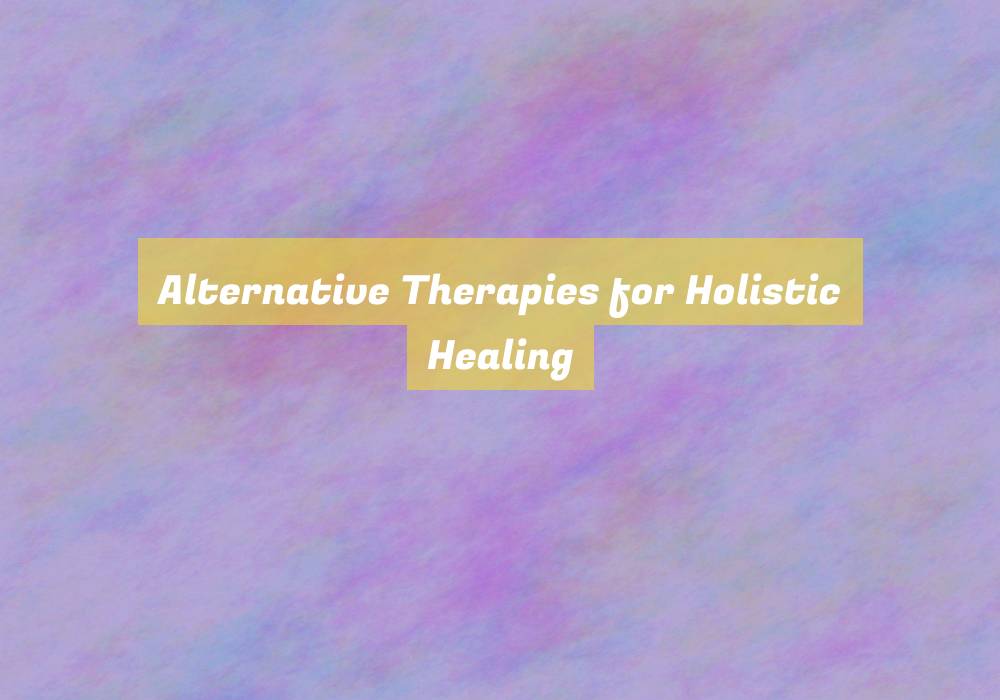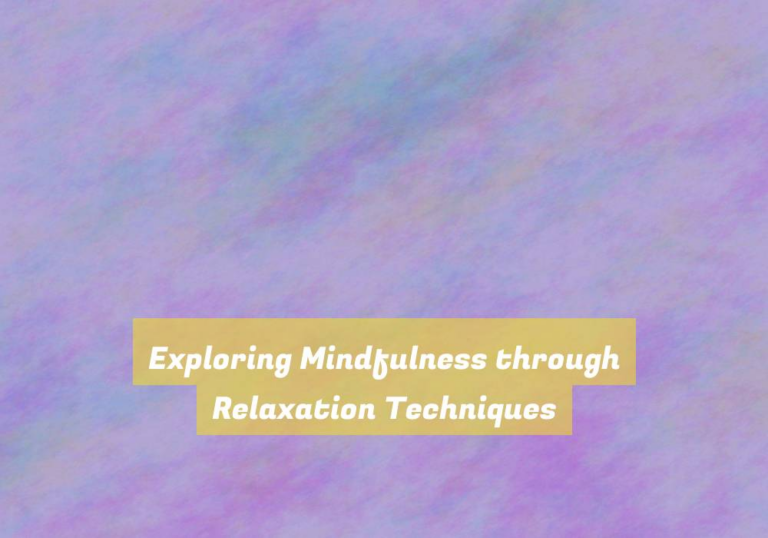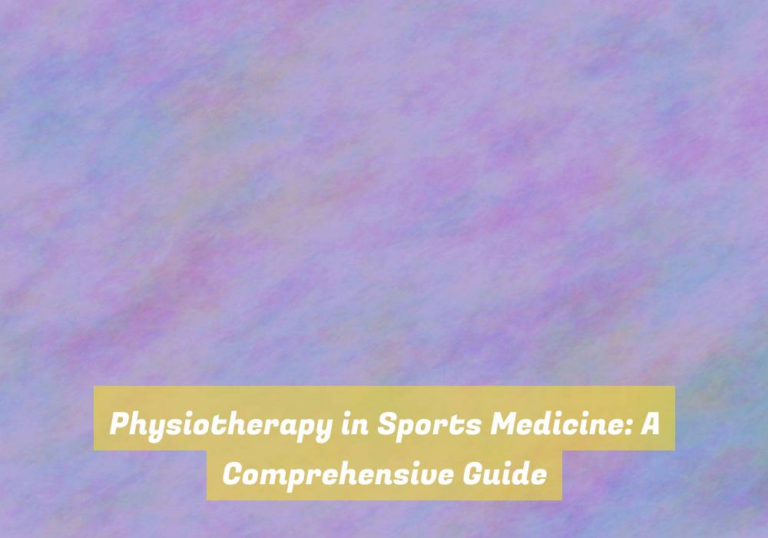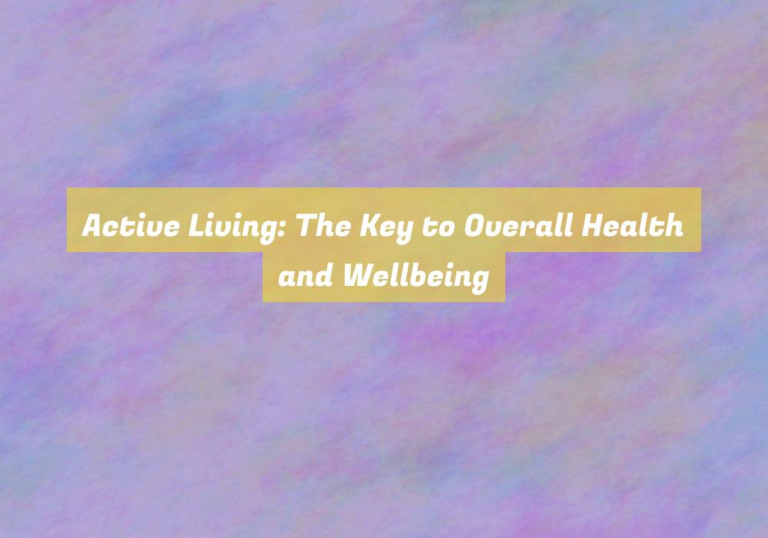Alternative Therapies for Holistic Healing
You may be skeptical about alternative therapies for holistic healing, but the growing body of research and anecdotal evidence supports their effectiveness.
From acupuncture to herbal medicine, these alternative approaches offer a different perspective on health and wellness.
Each therapy focuses on the interconnectedness of the mind, body, and spirit, providing a comprehensive approach to healing.
As you explore the diverse range of alternative therapies available, youG??ll discover how they can complement traditional medical treatments and offer a more holistic approach to well-being.
Acupuncture: Traditional Chinese Medicine Approach
Curious about how traditional Chinese medicine approaches healing through acupuncture?
Acupuncture, a key component of traditional Chinese medicine, focuses on restoring the bodyG??s balance and energy flow to promote healing. By inserting thin needles into specific points on the body, practitioners aim to stimulate the bodyG??s natural healing abilities.
This ancient practice is rooted in the belief that an essential life force, known as Qi, flows through the body along pathways called meridians. When Qi becomes blocked or imbalanced, it can lead to pain or illness. Acupuncture seeks to address these imbalances by targeting specific points along the meridians to restore the smooth flow of Qi.
This approach is holistic, addressing not just the physical symptoms but also the underlying imbalances within the body. Many people seek acupuncture for various conditions, such as chronic pain, stress, anxiety, and digestive issues.
With its long history and growing popularity in the West, acupuncture continues to be a fascinating and widely used alternative therapy for promoting holistic healing.
Herbal Medicine: Natural Remedies for Healing
Herbal medicine offers natural remedies for holistic healing, utilizing the therapeutic properties of plants to address various health concerns. Incorporating herbal remedies into your wellness routine can provide an alternative and complementary approach to conventional medicine.
For example, ginger and peppermint can be used to alleviate digestive issues, while chamomile and lavender offer calming effects to reduce stress and anxiety. Echinacea and elderberry are known for their immune-boosting properties, helping you fight off colds and flu. Turmeric, with its anti-inflammatory benefits, can aid in managing conditions such as arthritis.
Furthermore, herbal medicine is often gentler on the body, with fewer side effects compared to pharmaceuticals. However, itG??s crucial to consult with a qualified herbalist or healthcare provider to ensure the proper usage and dosage of herbal remedies, as some may interact with medications or have contraindications for certain health conditions.
Yoga and Meditation: Mind-Body Connection
Yoga and meditation offer a powerful way to establish a mind-body connection, complementing the natural healing approach of herbal medicine discussed earlier. By practicing yoga, you engage in physical postures, breathing exercises, and meditation, all of which work together to bring harmony to your body and mind.
Through these practices, you can reduce stress, improve mental clarity, and enhance your overall well-being. Meditation, on the other hand, allows you to focus your mind and achieve a state of deep relaxation, promoting inner peace and emotional balance. This mind-body connection is essential for holistic healing, as it acknowledges the interdependence of physical and mental health.
When you participate in yoga and meditation, you become more attuned to your bodyG??s needs and better equipped to manage the stress and challenges of daily life. These practices also promote self-awareness, mindfulness, and a sense of inner strength.
Energy Healing: Restoring Balance and Harmony
Energy healing is a practice that focuses on restoring balance and harmony within the body, utilizing the bodyG??s own energy systems to promote wellness and vitality. This alternative therapy is based on the belief that a personG??s energy field can be manipulated to improve health. Practitioners use various techniques such as Reiki, acupuncture, and chakra balancing to remove energy blockages and stimulate the bodyG??s natural healing abilities.
During an energy healing session, the practitioner may use light touch or simply work within the clientG??s energy field to identify and address areas of imbalance. By doing so, the goal is to enhance the flow of energy throughout the body, leading to a sense of relaxation, reduced stress, and an overall improvement in physical and emotional well-being.
Energy healing is often used in conjunction with traditional medical treatments to support the bodyG??s natural healing processes. While the scientific evidence supporting its effectiveness is still evolving, many individuals report positive outcomes and a profound sense of restored balance and harmony after receiving energy healing sessions.
Conclusion
So, if youG??re looking for a more holistic approach to healing, consider exploring alternative therapies like acupuncture, herbal medicine, yoga and meditation, and energy healing.
These practices offer natural, non-invasive ways to restore balance and harmony to your mind, body, and spirit.
By incorporating these holistic therapies into your wellness routine, you can experience a more comprehensive and integrated approach to your health and well-being.
Give them a try and see the positive impact they can have on your overall wellness.





